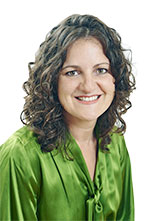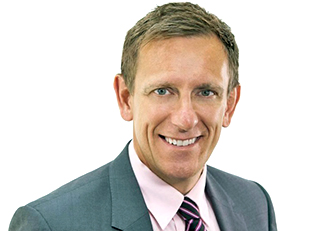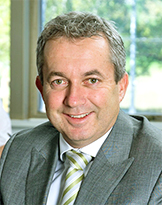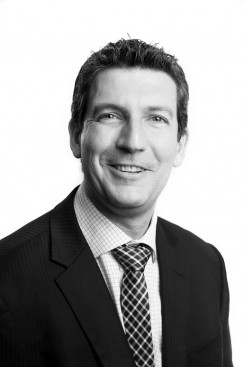Family Business Australia offers ‘top five’ tips
FAMILY businesses face challenges that other businesses do not, according to Family Business Australia (FBA) – but they also have many advantages over other businesses.
FBA Victorian and Tasmanian state manager, Alex Petersen said one of the primary aims of the organisation was to alert those operating family businesses to the opportunities available to maximize the unique advantages of family business – and overcome the disadvantages. That was a large part of the impetus for FBA joining Victorian Leaders as an executive member in 2016.
In fact, FBA has highlighted five tips to assist family business leaders through Victorian Leaders.
“Family businesses face challenges that other businesses don’t,” Mr Petersen said. “You have to focus on making sure that your business is healthy, and that your family is happy. 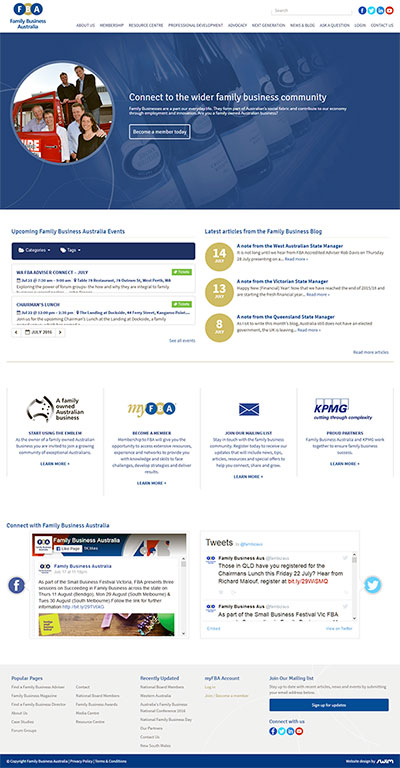
“It’s not always easy to achieve, but we have some suggestions which may help.
WORK HOME BALANCE
“Wherever possible, leave work at work and home at home,” Mr Petersen said. “Learning techniques to be present in both environments will assist you to be more effective.”
According to FBA, another vital aspect in striking this worklife-homelife balance is consistent communication.
“Consistent communication is also important as family members need to be open and transparent with respect to their intentions, motivations and reasons during decision-making,” Mr Petersen said.
BUILD TRUSTED BRAND
A key advantage of family business is being able to build trust with a family brand.
“Build trust with your family business brand,” Mr Petersen said. “Research has shown family businesses have an advantage as they are highly trusted and preferred by consumers and the public.
“This presents an opportunity to have the community identify with your brand.” FBA assists in this area through its Family Owned Australian Business emblem, which is available for use by members.
MANAGEMENT STRUCTURE
There is an added emphasis necessary on the management structure of a family business.
“Develop a robust, capable management structure,” Mr Petersen said. “Having systems in place for both business and family governance are some of the best ways to ensure the sustainable management and long term success of your family business.”
FBA recommends family business leaders use external advisers who can provide unbiased advice – preferably accredited, family business advisers.
SUCCESSION PLANNING
Another advantage of family businesses is a long-term focus on succession – but this requires planning and cannot be overlooked or set aside.
“Review or develop a succession plan and ensure that it is endorsed by everyone – it should be a communicated process rather than a sudden event,” Mr Petersen said. “Ensure that you are prepared for the next generation, working into your succession plan what is best for your family business to ready the next generation of leaders.”
PROFESSIONAL DEVT
There is more emphasis needed on professional development in a family business environment, according to FBA, but there are also greater opportunities because of it.
“Engage in professional development,” Mr Petersen said. “Research shows family businesses that participate in professional development and build lasting support networks have a stronger foundation to maintain profit, continue to grow and to manage a successful transition of business ownership.”
FBA is a Victorian Leaders executive member.
ends

 How to resolve AdBlock issue?
How to resolve AdBlock issue? 